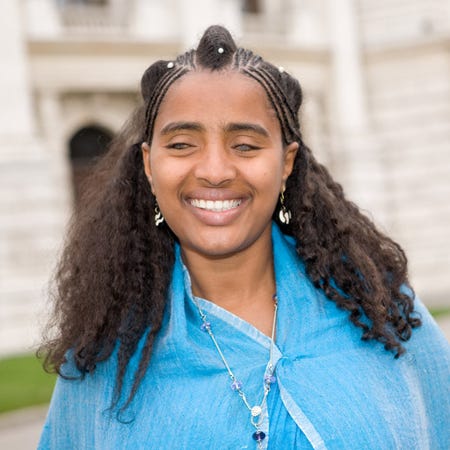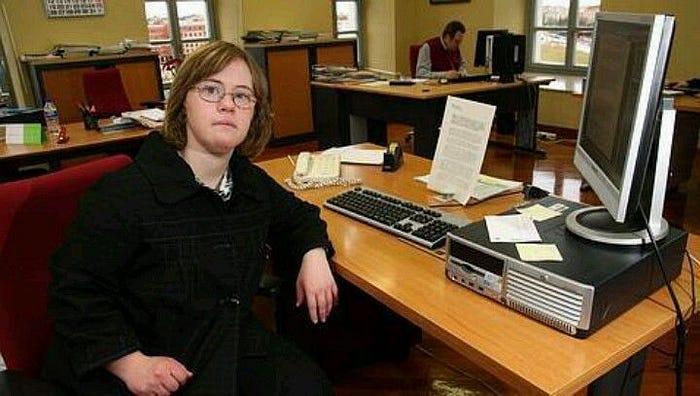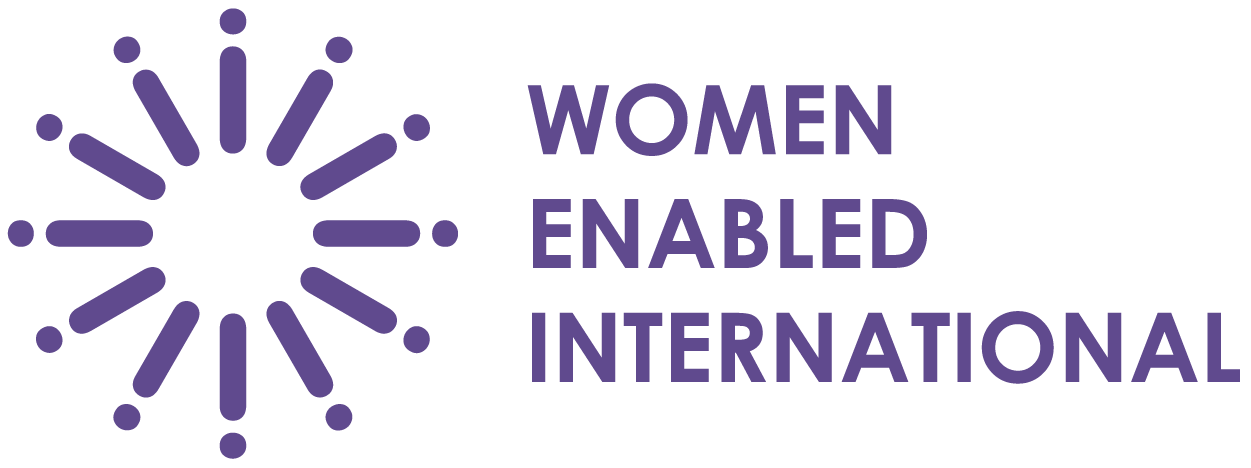By: Brittany J. Evans. First published on Medium.
International Women’s Day, celebrated every year on March 8th, not only highlights the current iterations of generations long struggles against the patriarchy, but is also a day of global acknowledgment of the power and potential of women.
As Women Enabled International’s founder, Stephanie Ortoleva, famously declared during the 2012 UN Commission on the Status of Women (CSW), “Women with disabilities are women, too.”
Women with disabilities make up almost one fifth of the global population of women. Generations of women with disabilities have built on the legacies of their foremothers to fight for a more equitable world. Many of their names and stories are erased, lost, or intentionally forgotten, but their voices still echo through the ages.
Today, we take this opportunity to memorialize modern day women with disabilities transforming the world and sing their praises while they are here. We write our own narratives and refuse to let their names be lost to time.
Neema Namadamu
Women’s rights and disability rights activist in the Democratic Republic of the Congo (DRC)
“I’ve become an integral part of my community, my family, and my school. I’m unforgettable now, I am a rock, I am a lioness. I am known, and I have become a model for other women and for fathers to envision the possibilities for their daughters.”
Not only is Neema Namadamu a powerful life-long disability and women’s right’s advocate, but she is also an impassioned warrior for peace, adeptly empowering others to use the Internet and media to drive change in eastern Congo. Ever the barrier breaker, she became the first woman with a disability to graduate college in Congo. Neema founded the Congolese Association for the Liberation and Development of the Disabled Woman, a national communications network for empowering women called Go Network, and the Maman Shujaa Media Center, a training center for women to gain digital literacy skills in order to share their stories.
Read more about Neema here and here.
Yetnebersh Nigussie
Ethiopian Lawyer and activist

“As a person with a disability and especially as a woman with a disability, I really feel that the world has lost quite significantly from the possible contribution that persons with disabilities would have made had they been provided equality and equal opportunity earlier.”
Yetnebersh Nigussie founded the Female Students Association at University, chaired the women’s wing of the Ethiopian Association of the Blind, and started an inclusive school serving around 190 students called, “Yetnebersh Academy.” Maybe mostly notably, she cofounded the Ethiopian Centre for Disability and Development, which plays a vital role in driving the implementation of the UN Convention on the Rights of Persons with Disabilities in Ethiopia. So far, they have successfully changed Ethiopia’s building code and are continuing to advocate for an overall strategy to mainstream services for the country’s disability community.
Read more about Yetnebersh here.
Ángela Covadonga Bachiller
First person with Down Syndrome to hold public office in Spain.

“I want to be an honest politician.”
As the first person with Down Syndrome to hold public office in Spain, Ángela Covadonga Bachiller proves beyond doubt that women with disabilities have a vital role to play in governance. Bachiller assumed her role as councillor after her predecessor, implicated in a corruption scandal, stepped down. She hopes to use her position to encourage others with disabilities to be involved with politics.
Read more about Ángela here.
Neema, Yetnebersh and Ángela are but a few examples of the power women with disabilities hold within ourselves.
We encourage you to pay close attention to women with disabilities in your circles and communities, and think about this: how are they changing the world? How can you help them in their mission?
